The Tokyo Sustainable Seafood Summit (TSSS) 2022 looked at how Japan can raise its position on the world stage
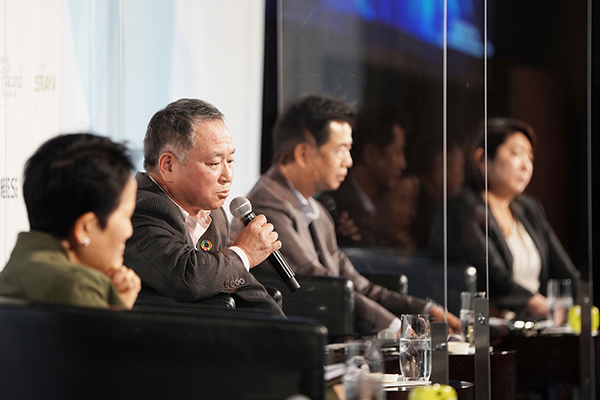
With the global population expected to increase significantly over the next few decades, efficient, sustainable food production will be crucial amidst possible shortages in food supply and production on land, according to Wakao Hanaoka, founder and CEO of Seafood Legacy Co., Ltd , who delivered the opening remarks at this year’s Tokyo Sustainable Seafood Summit (TSSS), held last month.
Hanaoka’s remarks, delivered in Tokyo, were part of the first in-person TSSS after the event was forced online for two years due to the coronavirus pandemic. Organized by Seafood Legacy and Nikkei ESG, experts took on tough topics – such as food security, antimicrobials, traceability, IUU fishing and plastic pollution – and discussed the next steps in the sustainable seafood movement.
Despite the pandemic, the sustainable seafood movement in Japan has accelerated, said Hanaoka, and with many more speakers from the country this year, it’s clear that the movement is becoming more deeply entrenched. Hanaoka told the attendees that not only is a focus on sustainable ocean production necessary, but also that sustainability and responsibility in seafood could be new identities for Japan going forward.
‘Never more critical than it is today’
Hanaoka’s opening remarks were echoed by Timothy Soper, Area Vice President, Head of Japan, Korea and Micronesia, for the Hilton hotel chain. He prioritized responsibility to the planet and to each other when it comes to sustainability.
“With seafood a major source of protein for 1.5 billion people on the planet, and with so much of the world’s fish stocks fished to their ecological limit, or in some cases far beyond, the need to source our seafood sustainably and responsibly is never more critical than it is today,” he said.
Joint efforts between science and the seafood industry will drive a global transformation toward healthy oceans, according to Martin Exel, managing director of the SeaBOS initiative, a collaboration between science and 10 of the world’s largest seafood businesses that are working to develop more sustainable seafood production and improved ocean health.
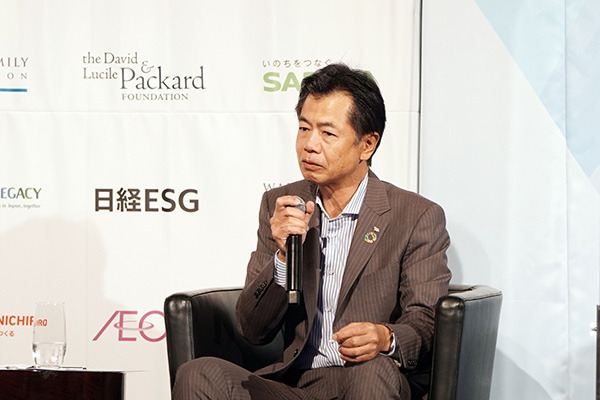
It follows 10 commitments to drive actions, such as being transparent in product traceability, reducing plastic use and eliminating forced labor, with task forces in place to meet the priorities described in the commitments. Each is led by a member company representative(s), who is responsible for working toward agreed, time-bound goals. SeaBOS also provides a breadth of knowledge on topics such as antibiotics and plastic pollution and works with companies to translate this into operational practice.
A panel discussion provided attendees with insights into the roles of Japanese companies working with SeaBOS. Toshiya Yabuki of Nippon Suisan Kaisha, Ltd (Nissui) highlighted the company’s involvement in the antibiotics task force, and its work to reduce antimicrobials in aquaculture. Once a year, Nissui submits data on antimicrobial use to SeaBOS, while the Oita Marine Biological Technology Center, which works with Nissui, holds regular discussions on fish health issues, shares diagnosis skills and offers training and education in early disease identification.
“Our goal is to stop using antimicrobials categorized as critically important antimicrobials,” said Yabuki. “In Japan, some are still being used, and in regions where they are permitted, SeaBOS members work collaboratively with appropriate experts toward developing effective alternatives such as vaccines.”
“Joint efforts between business and science work extremely well,” Yabuki continued. “When it comes to sustainability, usually we are driven by the west, Europe and the U.S., with Japan lagging behind. But through SeaBOS, we can work with scientists and businesses from outside Japan, share best practices and better connect with fellow Japanese SeaBOS members. Seafood can only be managed well through collaboration. We would now like to engage with others outside the SeaBOS network and spread our influence to other areas.”
While antimicrobials are a key focus of SeaBOS initiatives, plastic reduction is as well. Kunio Akiyama of Kyokuyo Co., Ltd . shared his company’s plans to reduce plastic usage by 30 percent by 2030. To achieve this, Kyokuyo is taking two steps – changing fisheries and aquaculture equipment regularly (checking their conditions and replacing them as required) and cleaning up rivers, efforts which Kyokuyo regularly organizes. The company also aims to share progress on plastics reduction, promote measures, increase awareness and collaborate with individuals and external organizations.
“Issues like plastic waste, climate change and ocean health will not only influence current generations but future ones as well,” said Akiyama.
In Japan, aquaculture is deployed in the defense of endangered species
A growing movement, but IUU fishing still a concern
To establish a sustainable healthy oceans and responsible business, it is also important to resolve common challenges, one of which is IUU (illegal, unregulated and unreported) fishing. Investigating new ways to ensure that fisheries resources are sourced and procured in a socially responsible and ethical manner, using the best available science, will be crucial, said Hiroyuki Sato of Maruha Nichiro Corporation. Maruha Nichiro is involved in several science-based initiatives including risk maps, questionnaires and surveys related to IUU fishing and forced labor activities, and worker programs to strengthen labor rights, fishery improvement projects, and human rights-related surveys.
Progress will be made, continued Sato, as collaboration increases not only between companies but also with different sectors. He called for increased cooperation and the dissemination of information to other industries and stakeholders.
A common refrain throughout the event was that if Japan is to play a key role in sustainable seafood, it must enhance its position internationally as a responsible aquaculture and fisheries powerhouse. Strengthening and speeding up multi-stakeholder cooperation and establishing opportunities for further dialogue will be key to this. As highlighted during the opening remarks, as the sustainable seafood movement becomes more deeply established in Japan, hopes will increase for further progress and the promotion of Japanese sustainable seafood domestically and internationally.
Wrapping up the summit, Hanaoka looked to 2024, when TSSS will celebrate its 10th anniversary, and expressed the need to keep up the momentum.
“Thanks to the initiatives of various stakeholders who are working to create a strong movement, TSSS is continuing and so too are the discussions as a result of the event. I have no doubt that these will keep expanding,” Hanaoka said.
Follow the Advocate on Twitter @GSA_Advocate
Now that you've reached the end of the article ...
… please consider supporting GSA’s mission to advance responsible seafood practices through education, advocacy and third-party assurances. The Advocate aims to document the evolution of responsible seafood practices and share the expansive knowledge of our vast network of contributors.
By becoming a Global Seafood Alliance member, you’re ensuring that all of the pre-competitive work we do through member benefits, resources and events can continue. Individual membership costs just $50 a year.
Not a GSA member? Join us.
Author
-

Bonnie Waycott
Correspondent Bonnie Waycott became interested in marine life after learning to snorkel on the Sea of Japan coast near her mother’s hometown. She specializes in aquaculture and fisheries with a particular focus on Japan, and has a keen interest in Tohoku’s aquaculture recovery following the 2011 Great East Japan Earthquake and Tsunami.
Related Posts
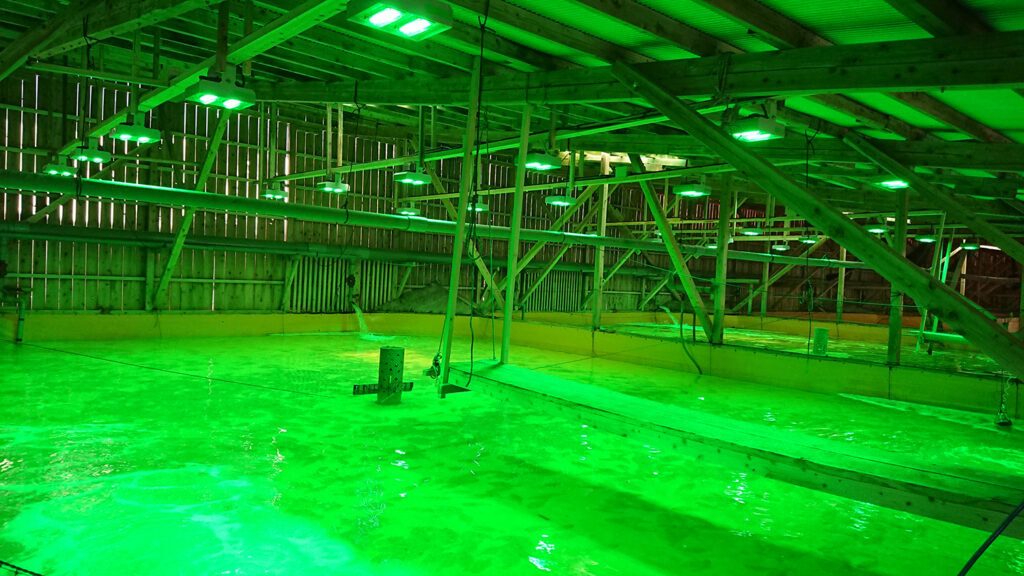
Intelligence
Green-lighting growth: Green LED light shows promise in flounder farming
Japanese researchers say that deploying green LED light above flounder grow-out tanks encourages rapid growth and feed intake among the fish.
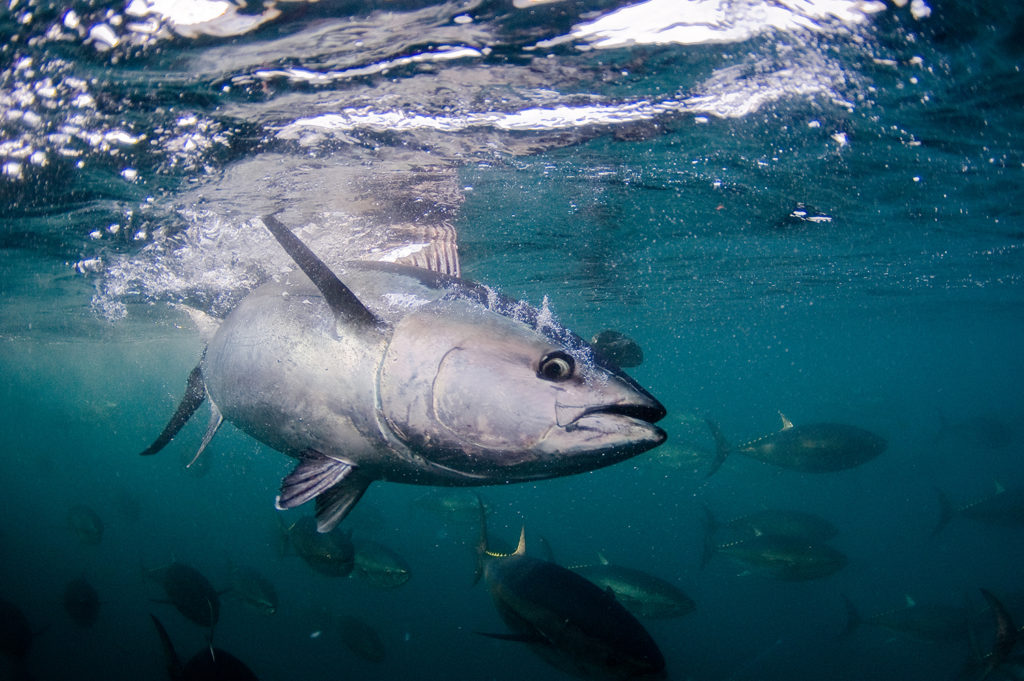
Innovation & Investment
Japan hopes aquaculture can save bluefin tuna
Bluefin tuna may be the most prized fish in the ocean. If hon-maguro sashimi is to remain chic, closed-cycle aquaculture may help keep it on menus.
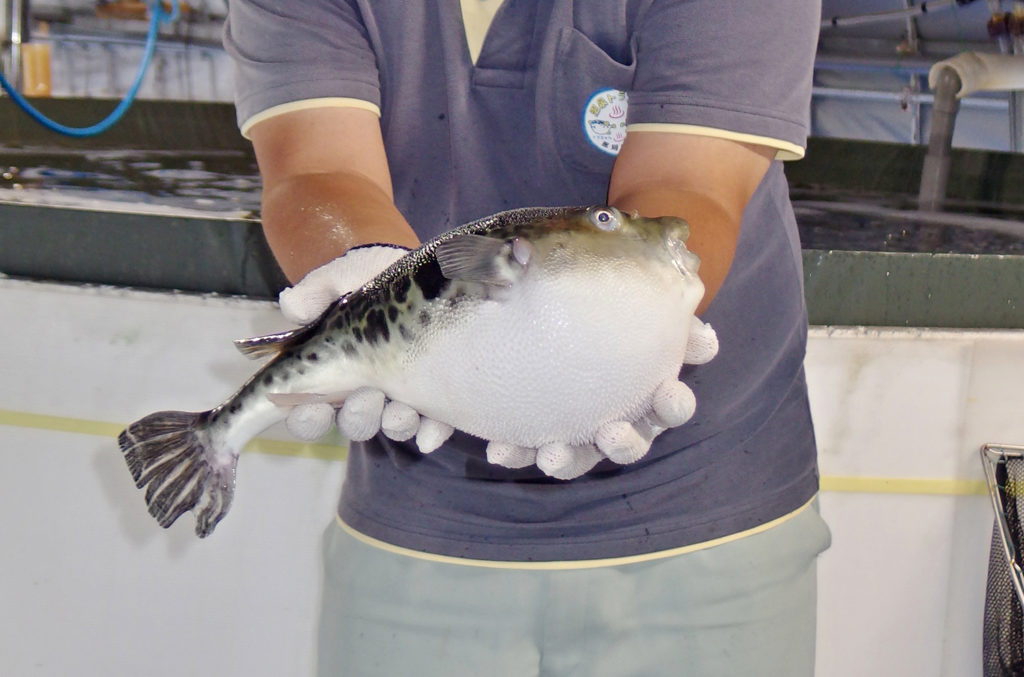
Intelligence
In Japan, tiger puffers find themselves in hot water
A technique to farm tiger puffers in hot spring water was invented to revitalize the town of Nasu-karasuyama and is now spreading to other areas of Japan.
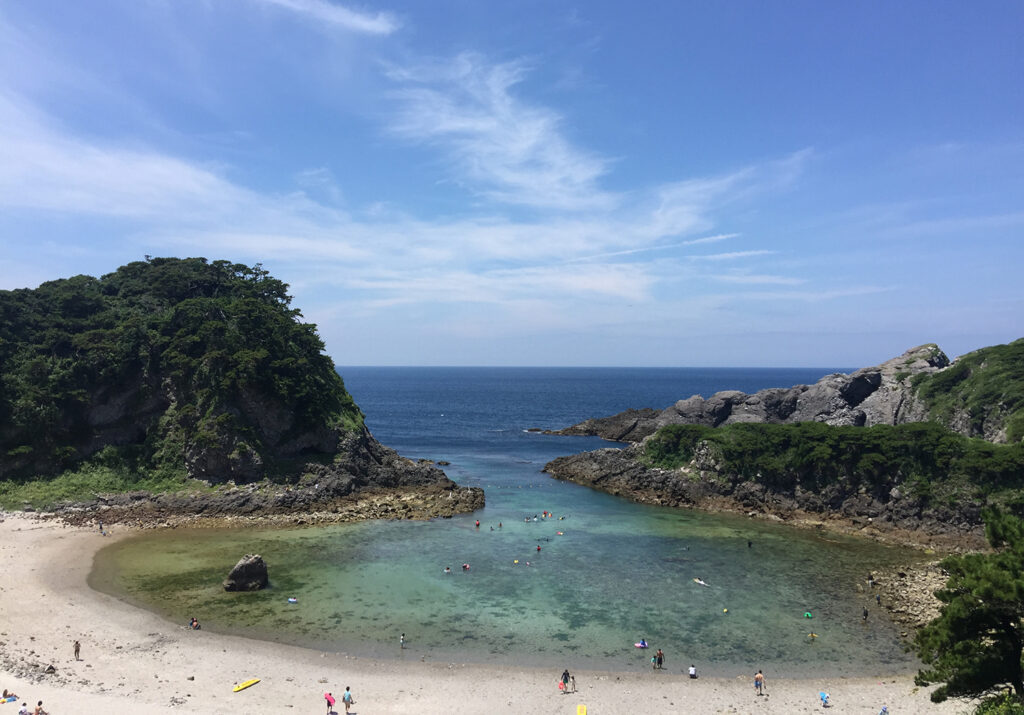
Responsibility
Is a Japanese volcano offering us a sneak preview of ocean acidification?
Shikinejima is a scenic getaway for tourists but the seas surrounding its volcano offer a glimpse of how the ocean could behave in the future.


